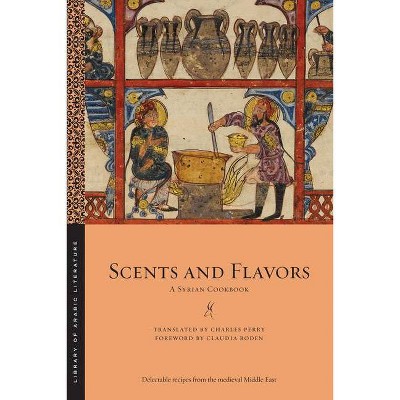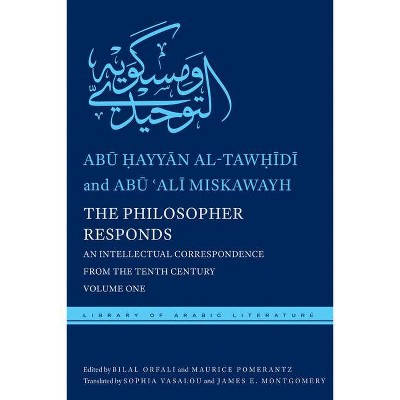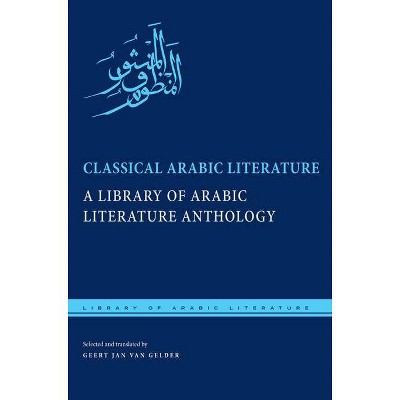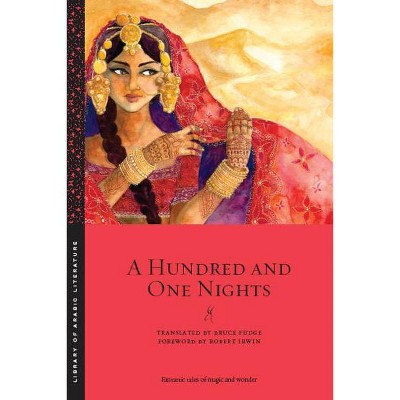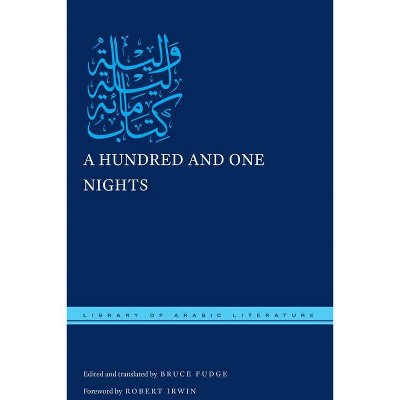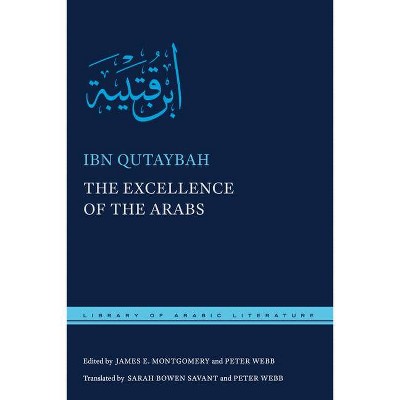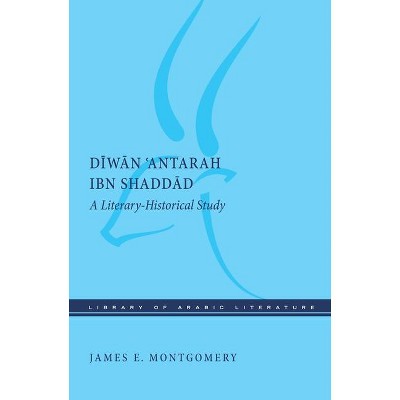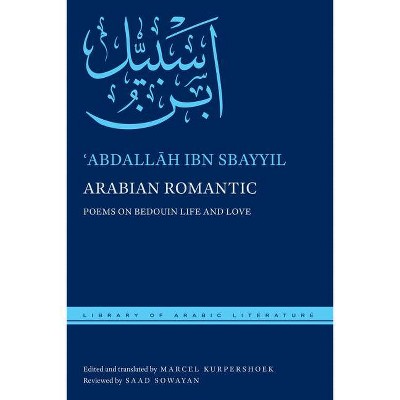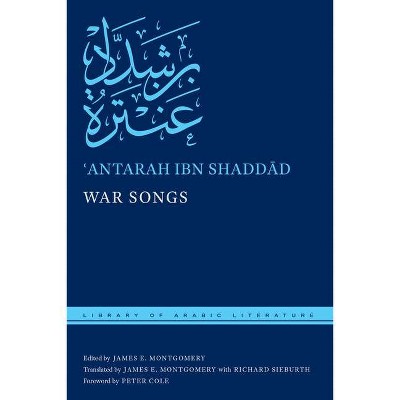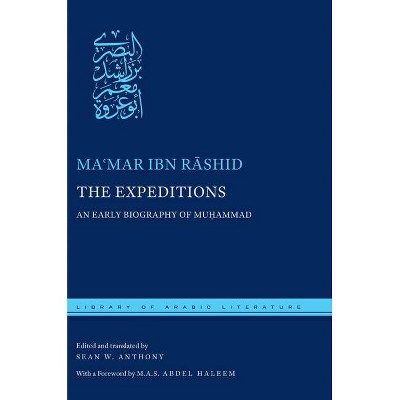Scents and Flavors - (Library of Arabic Literature) by Charles Perry (Hardcover)
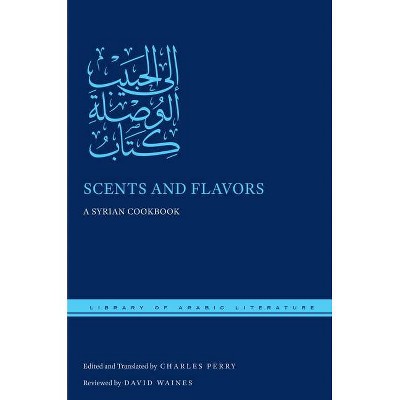
Similar Products
Products of same category from the store
AllProduct info
<p/><br></br><p><b> About the Book </b></p></br></br>Includes original Arabic and English translation of the 13th-century Arab cookbook Kitab al-wusla ila al-habib.<p/><br></br><p><b> Book Synopsis </b></p></br></br><p><b>Collecting 635 meticulous recipes, <i>Scents and Flavors</i> invites us to savor an inventive cuisine that elevates simple ingredients by combining the sundry aromas of herbs, spices, fruits, and flower essences. </b> <p/>This popular thirteenth-century Syrian cookbook is an ode to what its anonymous author calls the "greater part of the pleasure of this life," namely the consumption of food and drink, as well as the fragrances that garnish the meals and the diners who enjoy them. <p/>Organized like a meal, it opens with appetizers and juices and proceeds through main courses, side dishes, and desserts, including such confections as candies based on the higher densities of sugar syrup-an innovation unique to the medieval Arab world. Apricot beverages, stuffed eggplant, pistachio chicken, coriander stew, melon crepes, and almond pudding are seasoned with nutmeg, rose, cloves, saffron, and the occasional rare ingredient like ambergris to delight and surprise the banqueter. Bookended by chapters on preparatory perfumes, incenses, medicinal oils, antiperspirant powders, and after-meal hand soaps, this comprehensive culinary journey is a feast for all the senses. <p/>With the exception of four extant Babylonian and Roman specimens, cookbooks did not appear on the world literary scene until Arabic speakers began compiling their recipe collections in the tenth century, peaking in popularity in the thirteenth century.<i> Scents and Flavors</i> quickly became a bestseller during this golden age of cookbooks, and remains today a delectable read for epicures and cultural historians alike. <p/>A bilingual Arabic-English edition.</p><p/><br></br><p><b> Review Quotes </b></p></br></br><br>A good example of the best that can come out of a combination of quality scholarship and practical experience.-- "Journal of the American Oriental Society"<br><br>A significant scholarly contribution . . . Presented and framed in a way that renders it accessible to food scholars who work on other regions and cuisines . . . Provides a useful framing of the cookbook in the broader context of Middle Eastern culinary history, medieval Islamic medicine, and the specific sequencing and practices of feasting in thirteenth-century Syria.-- "Gastronomica"<br><br>An extensive glossary, plus facing pages of the original Arabic text, make this a desirable reference work for scholars.-- "AramcoWorld"<br><br>An extraordinary achievement, a brilliant translation of a very important work by an author who really understands cooking, and a valuable addition to our understanding of Middle Eastern culture and gastronomy.--Claudia Roden, author of The New Book of Middle Eastern Food<br><br>Fun for history buffs and amateur chefs, the recipes making for a fantastic dinner party.-- "AlJazeera"<br><br>Hopefully, this cookbook can be made part of many library collections around the world, accessible to many Syrian chefs and food-lovers, wherever they may be.-- "Qantara.de"<br><br>The book will interest epicures and cultural historians alike.-- "Islamic Horizons"<br><br>We can learn a lot from an old cookbook. And the recent release of <i>Scents and Flavors</i>, a new translation from NYU Press's Library of Arabic Literature, provides a glimpse of social history that feels particularly timely.-- "FoodandWine.com"<br>
Price History
Price Archive shows prices from various stores, lets you see history and find the cheapest. There is no actual sale on the website. For all support, inquiry and suggestion messages communication@pricearchive.us
